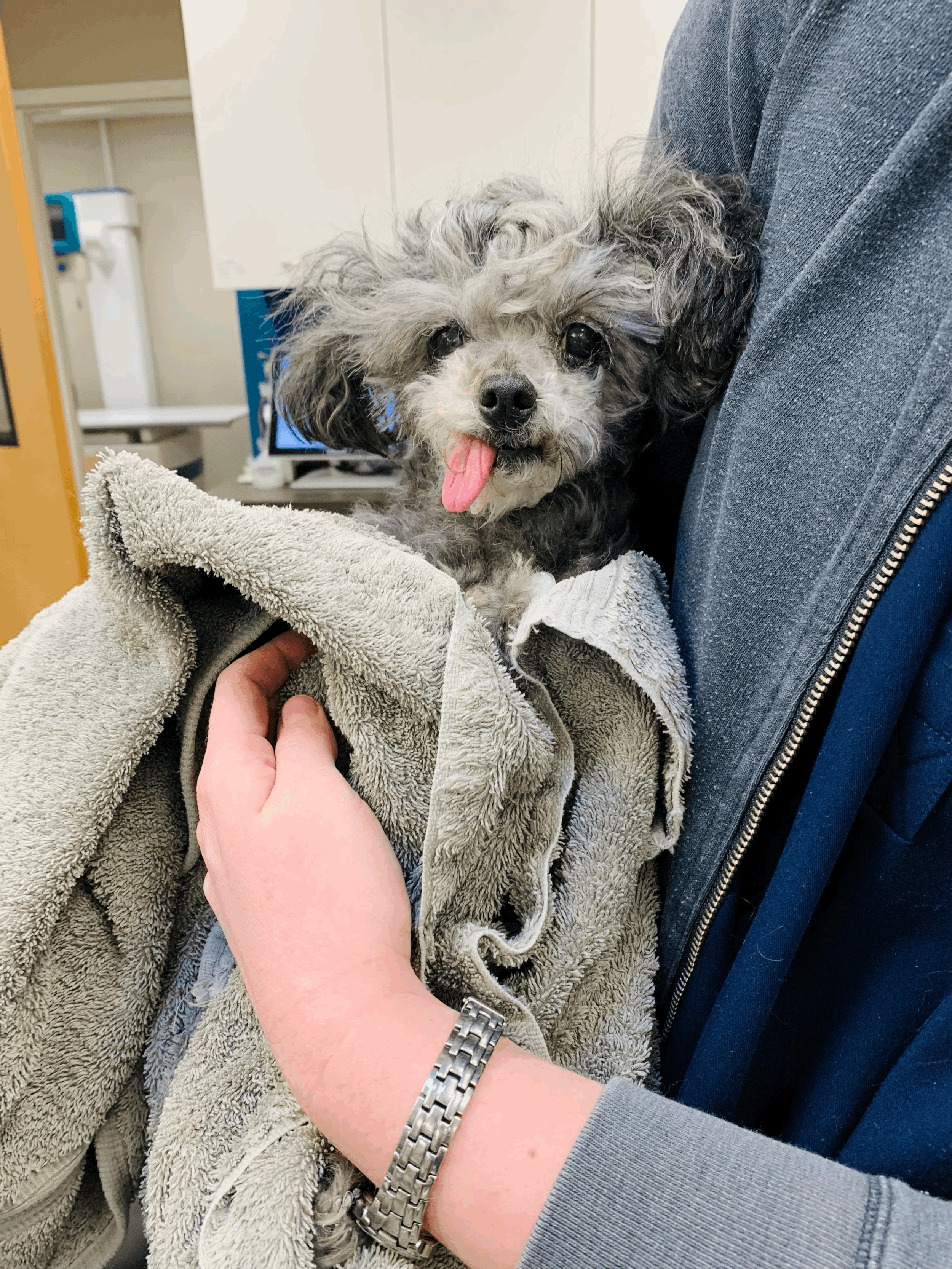Elective vaccines are not required by law and are not considered imperative vaccines for all dogs.
However, these vaccines can be highly recommended based on a patient's risk or exposure to disease.
The Lyme vaccine -
The lyme vaccine is an added layer of protection used in conjunction with flea and tick preventative to help avert the transmission of lyme disease. The vaccine is about 80% effective at preventing the transmission of the Borrelia bacteria and is strongly recommended in the Berkshires and areas with high tick volumes. The lyme vaccine is a yearly vaccination, the series starts with an initial vaccine that requires a booster 2-4 weeks later.
The Leptospirosis "Lepto" vaccine -
Leptospirosis is an infectious disease caused by the bacteria called Leptospira. The disease causes damage to the kidney and liver and may be fatal in severe cases. The bacteria is passed in the urine of infected animals and can survive in the environment for long periods of time in warm, stagnant water or moist soil. Wild animals such as skunks, raccoons, opossums, rats, and deer can spread infection to dogs. This disease is zoonotic meaning it can be spread from species to species, including humans. Dogs at higher risk include: those that swim and/or drink from stagnant water sources and ones that reside in an environment where wildlife is present. The leptospirosis vaccine is a yearly vaccine, the series starts with an initial vaccine that requires a booster 2-4 weeks later.
The Bordetella vaccine -
Kennel cough is inflammation of the upper respiratory tract, caused by bacteria and/or viruses. The bordetella vaccine helps prevent Bordetella bronchiseptica which is a bacterium commonly associated with this respiratory disease in dogs. Dogs that are at high risk include: those that go to boarding or grooming facilities, play in dog parks, or have exposure to unfamiliar dogs. Kennel cough is very contagious and spread through respiratory secretions. The bordetella vaccine is given either as an injection, orally, or intranasal. It is considered a yearly vaccine, though certain boarding/grooming facilities require it to be given every 6 months.
The Canine Influenza vaccine -
The canine influenza vaccine protects against both h3n2 and h3n8 strains of the virus. Similarly to kennel cough, influenza's most common symptoms are associated with inflammation of the upper respiratory tract. In severe cases, patients may present with a fever and develop pneumonia due to secondary infection. Dogs that are at high risk include: those that go to boarding or grooming facilities, play in dog parks, or have exposure to unfamiliar dogs. Outbreaks of the flu have historically occurred in major urban areas, so it is also strongly recommended for dogs that travel or reside in metropolitan areas. Influenza is very contagious and spreads through respiratory secretions. The Influenza vaccine is a yearly vaccination, the series starts with an initial vaccine that requires a booster 2-4 weeks later.

